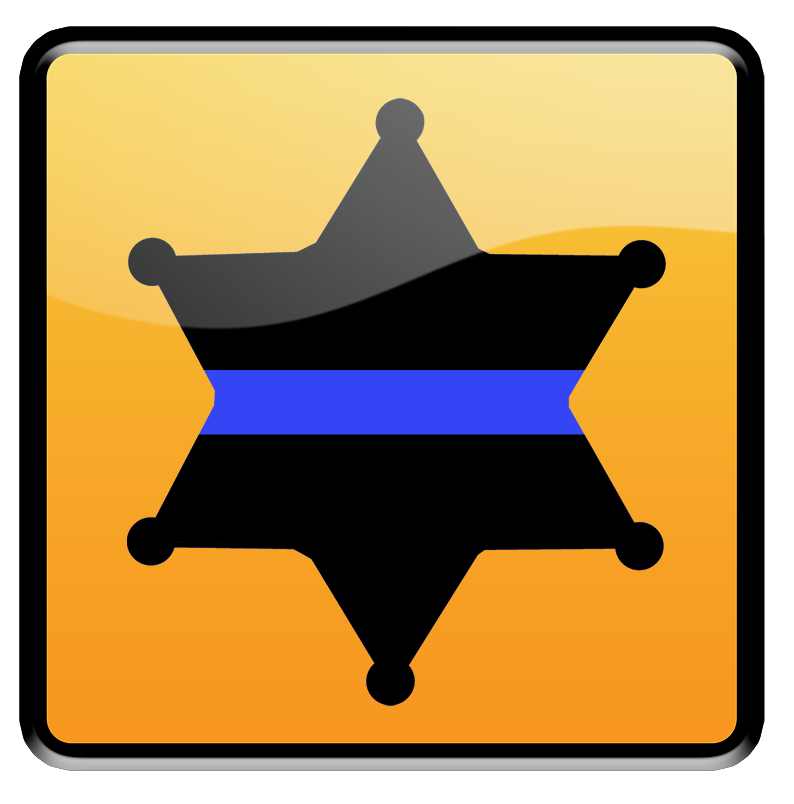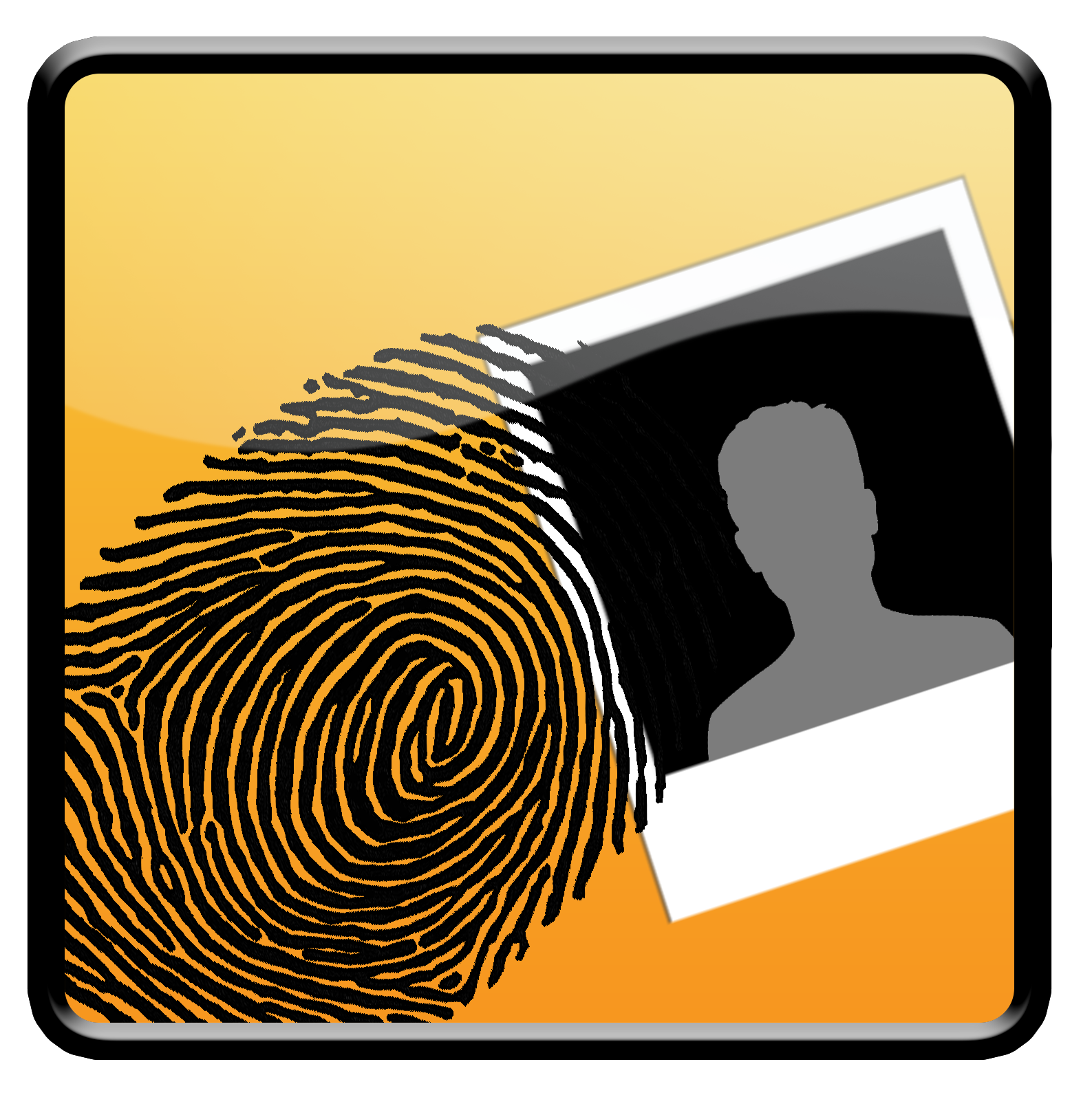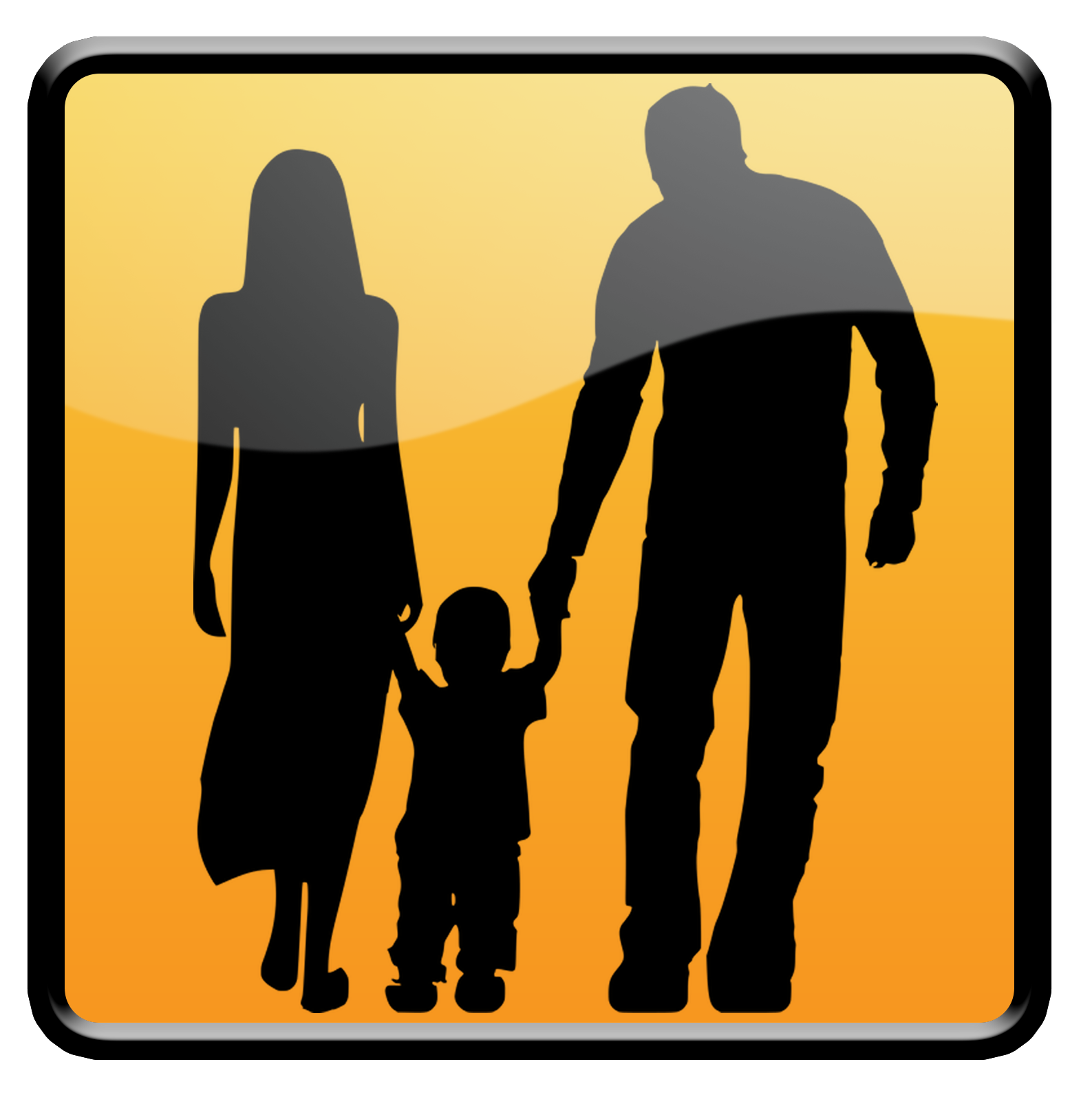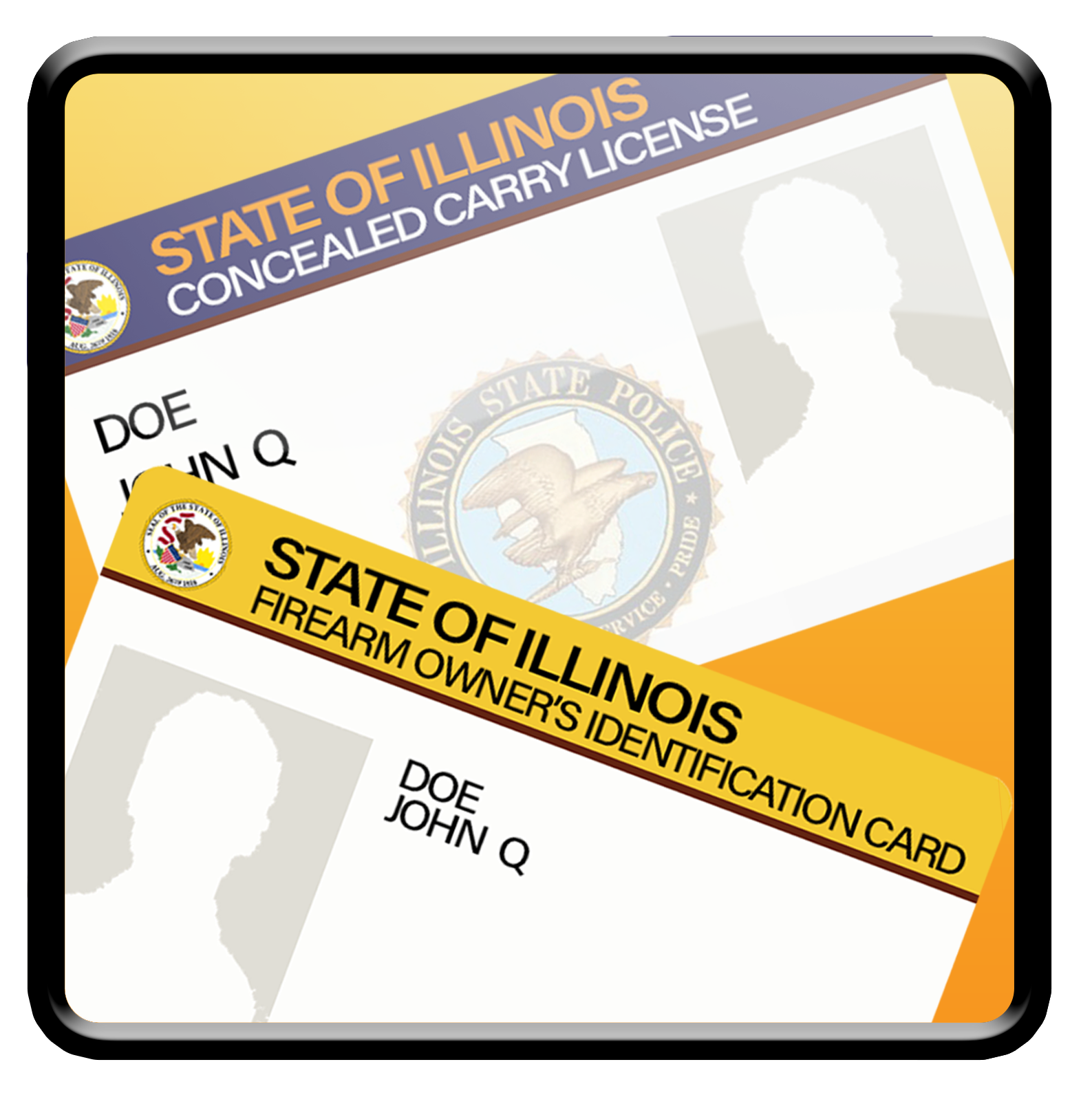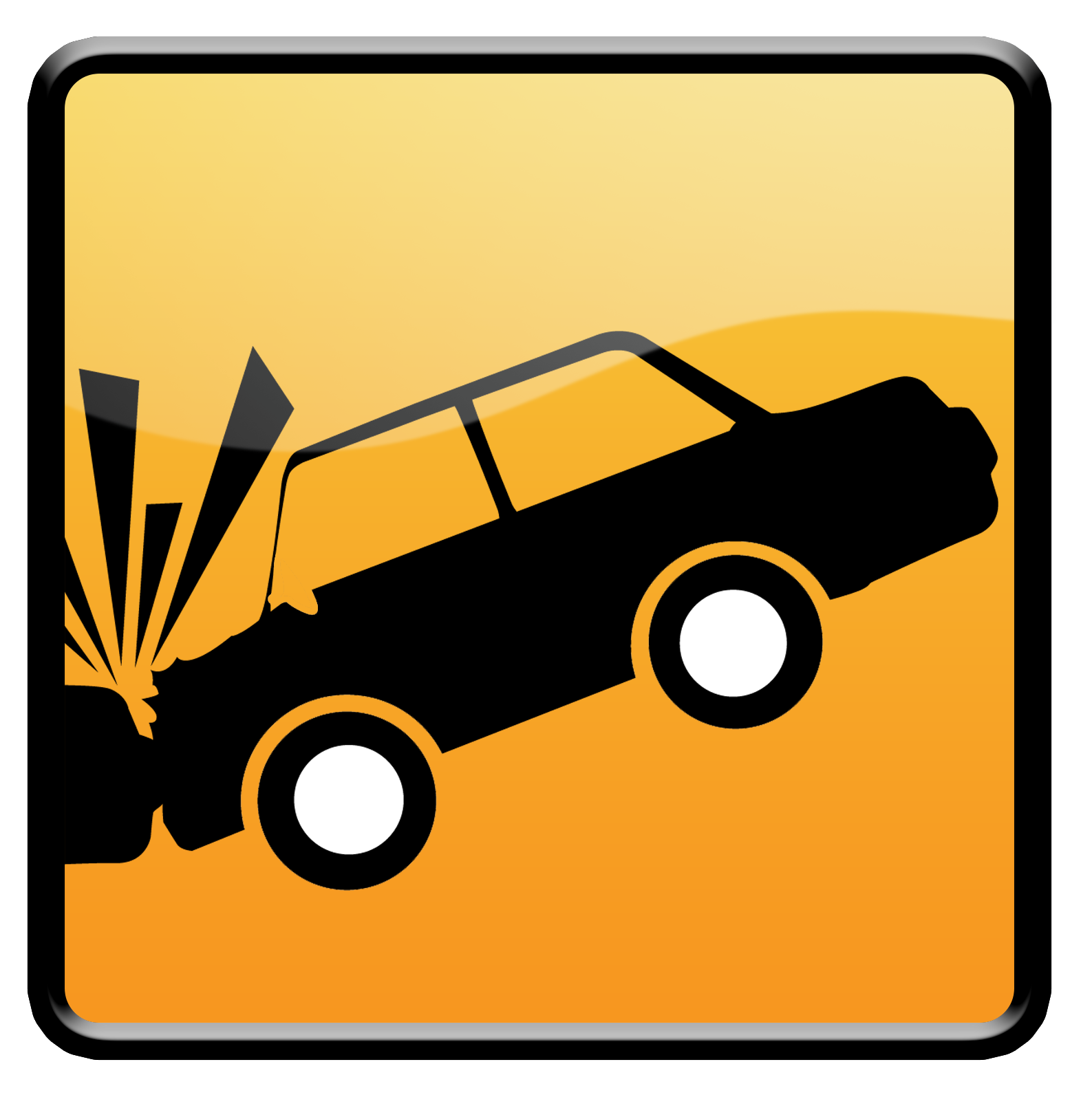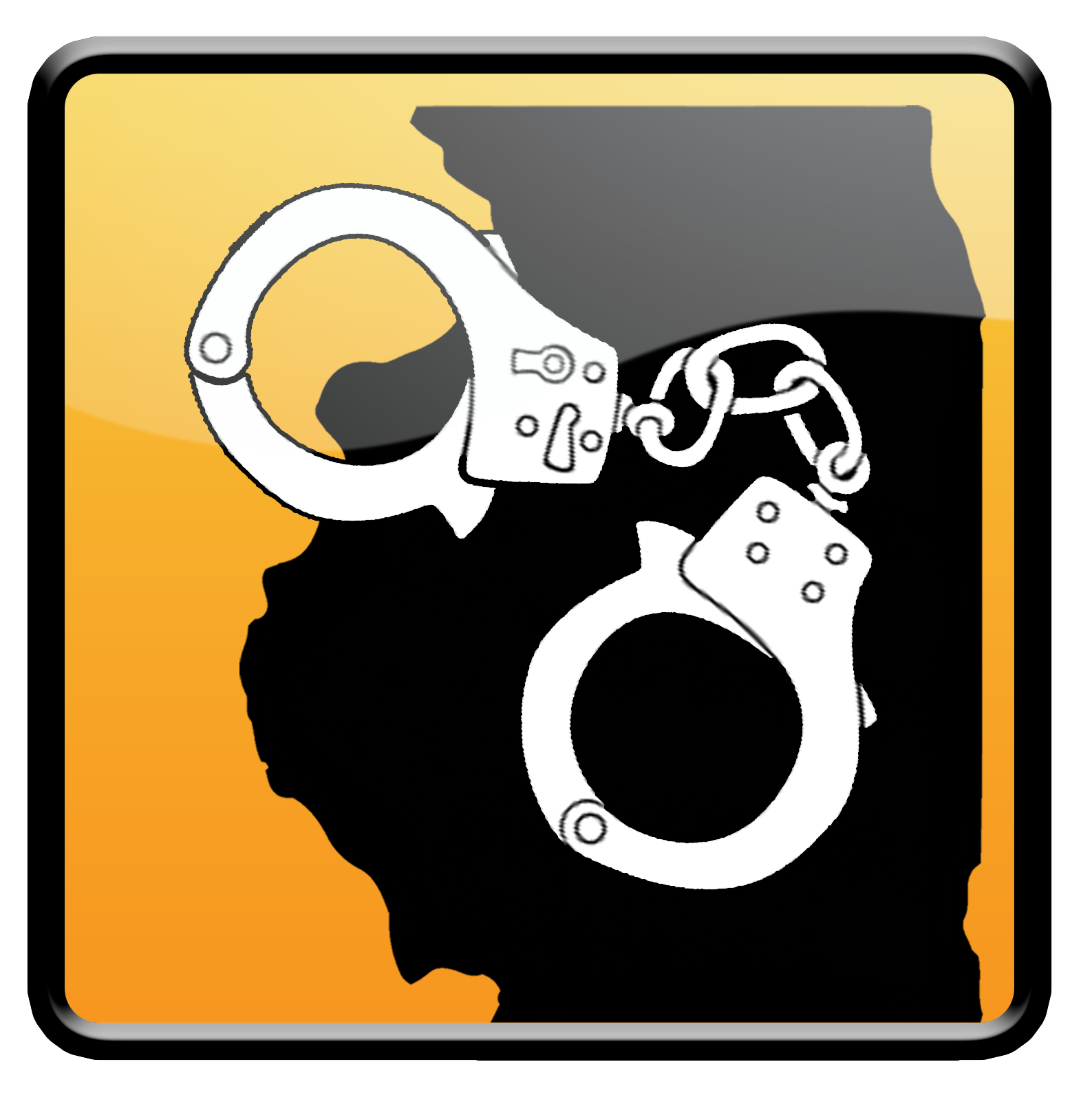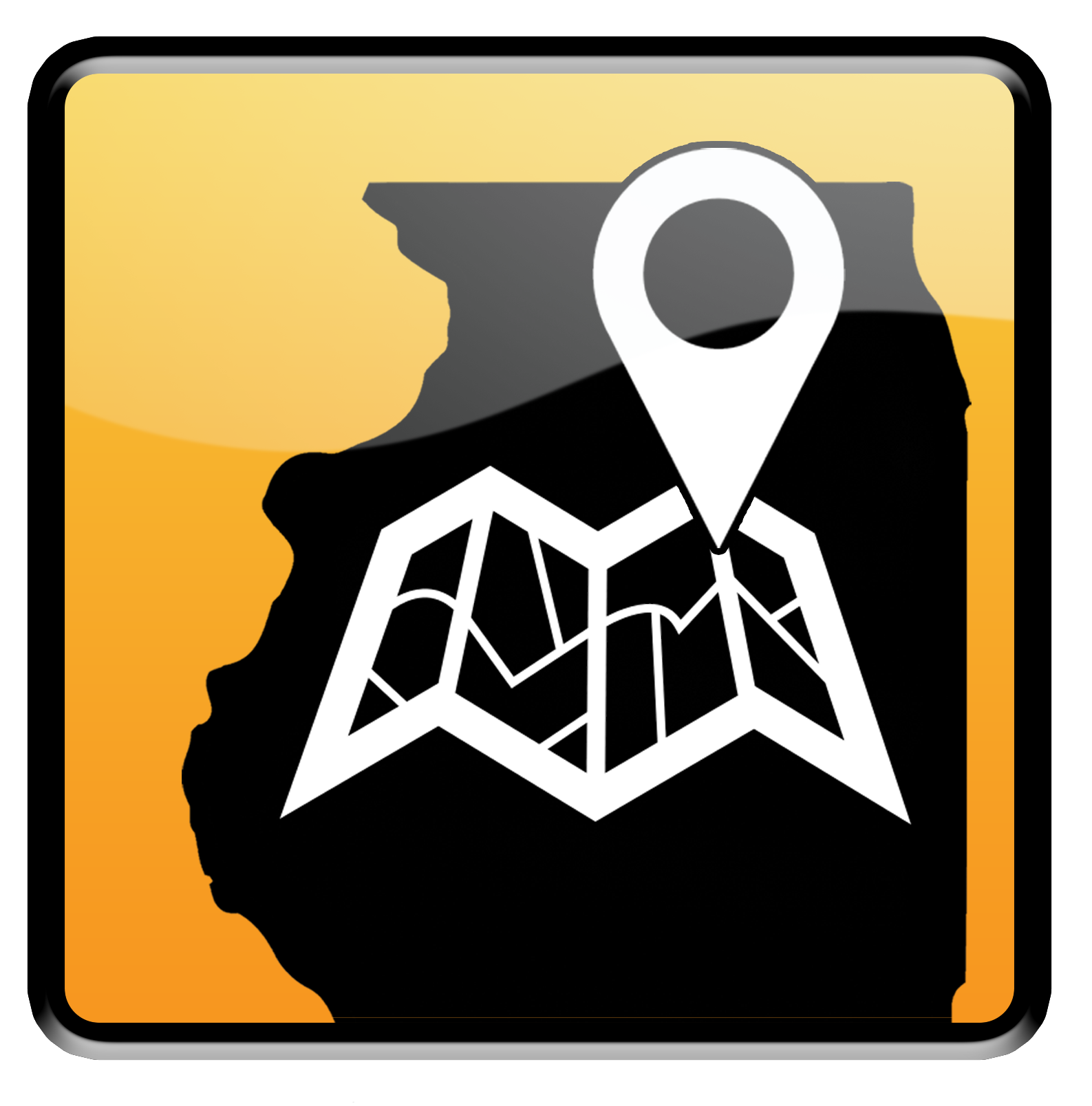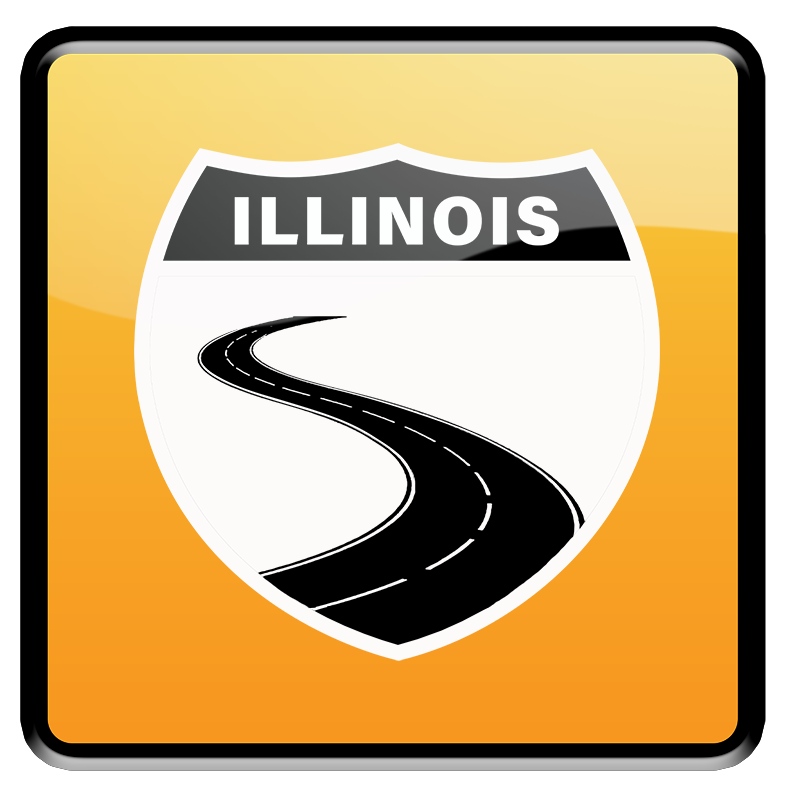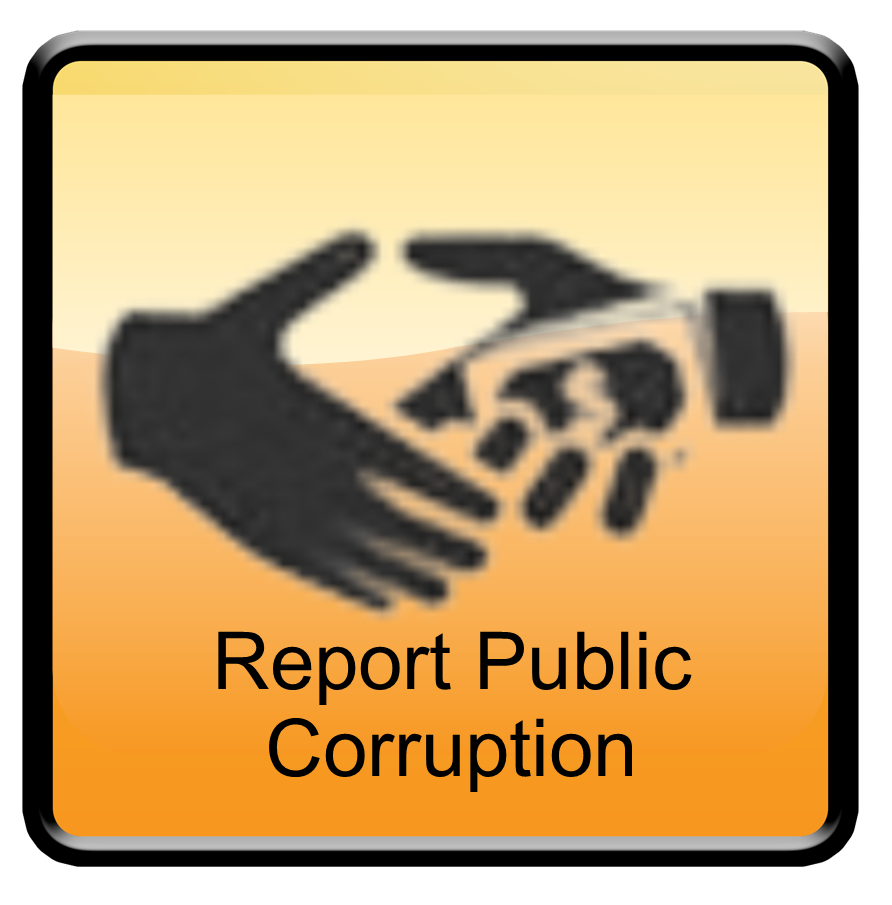Human Trafficking
Human Trafficking is one of the most under-reported and under-identified crimes and one where most victims generally do not reach out for help.
Through a multi-facetted approach, the Illinois State Police (ISP) has made great strides to address Human Trafficking. Beginning in 2020, the ISP Academy has held Human Trafficking Recognition training for every cadet that has graduated. Division of Criminal Investigation Agents receive additional Human Trafficking Awareness/Identification training. Human trafficking victims are often forced into committing crimes such as prostitution, solicitation, or child pornography, which leads to interactions with law enforcement. This training provides perspective for agents to recognize the depth of crimes surrounding human trafficking and assist in differentiating between victims and traffickers.
Victims who escape trafficking who are interviewed are asked how it happened, how did they end up in a trafficking ring, sold online, or work for an unfair labor practice. Victims often include a lonely person looking for love, a scared child in an abusive home, or an aspiring career-oriented individual looking to increase their wealth for a better future. Traffickers use force, fraud, or coercion to bend the victim to their will.
Human Trafficking happens across Illinois. Trafficking rings have been found in both urban and rural areas. Below are signs of human trafficking.
Someone may be experiencing labor trafficking or exploitation if they:
- Feel pressured by their employer to stay in a job or situation they want to leave
- Owe money to an employer or recruiter, or are not being paid what they were promised or are owed
- Do not have control of their passport or other identity documents
- Are living and working in isolated conditions, largely cut off from interaction with others or support systems
- Are monitored by another person when talking or interacting with others
- Are being threatened by their employer with deportation or other harm
- Are working in dangerous conditions without proper safety gear, training, adequate breaks, or other protections
- Are living in dangerous, overcrowded, or inhumane conditions provided by an employer
Someone may be experiencing sex trafficking if they:
- Want to stop participating in commercial sex, but feel scared or unable to leave the situation.
- Are reluctant to engage in commercial sex, but that someone pressured them into it.
- Live where they work or are transported by guards between home and workplace.
- Children who live with or are dependent on a family member with a substance use problem or who is abusive.
- Have a “pimp” or “manager” in the commercial sex industry.
- Work in an industry where it may be common to be pressured into performing sex acts for money, such as a strip club, illicit cantina, go-go bar, or illicit massage business.
- Have a controlling parent, guardian, romantic partner, or “sponsor” who will not allow them to meet or speak with anyone alone or who monitors their movements, spending, or communications.
The best outcome possible is to prevent victimization before it occurs. The two most effective ways to combat this are public awareness and education.
- To learn more about Human Trafficking, visit the Illinois Department of Human ServicesOpens in new window website.
- ISP Safety Education Officers respond to requests from schools and public groups to present on Human Trafficking Awareness and Internet Safety. Officers teach the dangers of posting too much online and signs a trafficker may be attempting to make an unsuspecting person a victim. To request a presentation please contact the Safety Education Office at: ISP.Safety.Education@illinois.gov
There are help and resources available if suspected trafficking is identified. The public is encouraged to contact the National Human Trafficking Hotline:
- www.humantraffickinghotline.org Opens in new window
- 1-888-373-7888
- *Text: 233733

